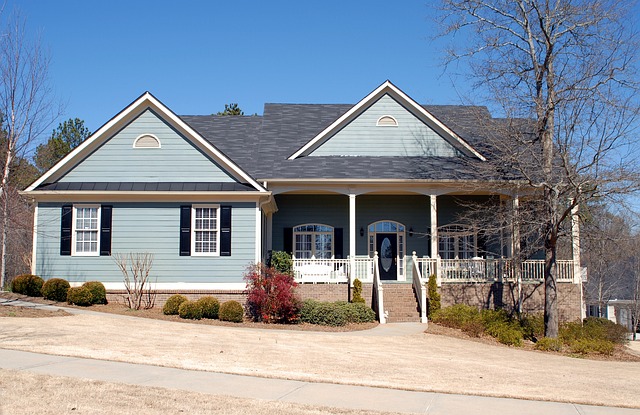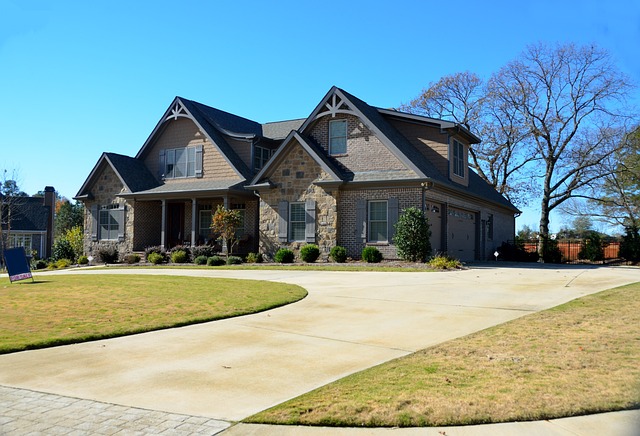The introduction of ABSD Singapore 2nd Property has radically changed the city-state's real estate market, targeting foreign investors and second homeowners with additional duties. This policy aims to cool prices, promote homeownership, and encourage long-term renting. Locals, developers, and agents must adapt to new regulations that significantly impact purchasing decisions and pricing strategies, demanding a deep understanding of local market dynamics for compliance and profitable transactions in this evolving landscape.
“Unraveling the impact of ABSD Singapore 2nd Property on market dynamics, this article offers a comprehensive analysis of how this policy shifts property pricing. We delve into the effects on second homes, examining both immediate and long-term consequences. From understanding the key drivers to exploring future trends, our insights provide valuable context for investors and stakeholders navigating Singapore’s evolving real estate landscape. Discover the intricate relationship between ABSD policies and the fluctuations in second property prices.”
- Understanding the Impact of ABSD on Singapore's Property Market
- Analyzing the Effect on Second Property Prices
- Exploring Implications and Future Trends
Understanding the Impact of ABSD on Singapore's Property Market
The Introduction of ABSD Singapore 2nd Property has significantly reshaped the landscape of Singapore’s property market. This government initiative, aimed at cooling down property prices and promoting home ownership, imposes additional duties on foreign investors and second homeowners. The impact is twofold; it discourages speculative investments while encouraging long-term renting, potentially stabilizing prices.
Understanding the dynamics, buyers, and sellers alike must navigate this new terrain. For locals seeking to invest or upgrade their homes, knowledge of ABSD regulations becomes crucial. It influences purchasing decisions, pricing strategies, and market trends. Developers and real estate agents play a vital role in guiding clients through this process, ensuring transactions remain compliant while maximizing returns or finding suitable properties within the updated market parameters.
Analyzing the Effect on Second Property Prices
The introduction of the ABSD (Annual Property Tax) in Singapore, specifically targeting second properties, has significantly impacted the real estate market. This policy change has led to a closer scrutiny of investment strategies, particularly for those owning multiple properties. With the additional tax burden on second homes, investors and homeowners alike are now carefully considering their options, which could result in a shift in property prices.
Analyzing the effect on ABSD Singapore 2nd Property values, we observe a potential cooling down of the secondary market. The tax policy may encourage some owners to sell their additional properties, leading to an increase in supply. This, in turn, could put downward pressure on prices, especially in areas with a high concentration of second homes. However, it’s also worth noting that the impact might vary across different property types and locations, requiring a nuanced understanding of the local market dynamics.
Exploring Implications and Future Trends
The introduction of the ABSD Singapore 2nd Property policy has sparked curiosity and a keen eye on its potential implications for the property market. This new initiative aims to increase homeownership among Singaporeans, especially first-time buyers, by offering attractive incentives and support. By easing financial constraints, it could stimulate demand in the housing sector, leading to a ripple effect on property prices.
Looking ahead, experts predict that the policy might contribute to a more affordable housing landscape. Increased liquidity and favorable conditions for borrowers could encourage more active participation in the real estate market. As a result, we may witness a shift in price dynamics, with potential for both improvements and adjustments across various neighborhoods. This trend highlights the importance of staying informed about such policies to make strategic decisions regarding property investments and purchases.
The introduction of the Additional Property Stamp Duty (ABSD) in Singapore has significantly impacted the local property market, particularly regarding second properties. The policy’s effects on pricing have been notable, leading to a more balanced market. As seen in recent trends, the ABSD has cooled down the demand for additional properties, resulting in moderate price adjustments. Looking ahead, the long-term implications suggest a potential stabilization of second-home values and a shift in investor preferences. These changes highlight the dynamic nature of Singapore’s property landscape, where policy decisions play a crucial role in shaping market behavior.



